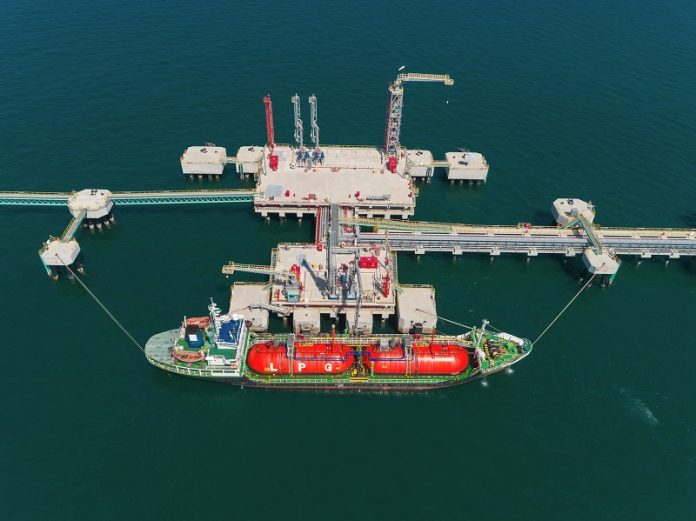
A new study from Cornell University has found that liquified natural gas (LNG) has a bigger negative impact on the environment than coal, despite being considered a cleaner alternative.
According to the study, LNG leaves a greenhouse gas footprint that is 33% worse than coal when the entire process of producing and shipping it is taken into account.
The research, led by Robert Howarth, a professor of ecology and environmental biology, shows that LNG production, which involves cooling natural gas to a liquid form and then transporting it in large tankers, consumes a lot of energy and releases harmful emissions.
Howarth explains that the process releases significant amounts of methane and carbon dioxide, which are major greenhouse gases.
Methane, which is more than 80 times more harmful to the atmosphere than carbon dioxide, escapes during the extraction, processing, and transportation of LNG. These methane emissions account for almost half of LNG’s total greenhouse gas impact.
The study found that, over a 20-year period, the carbon footprint of LNG is one-third larger than that of coal. Even when looking at a 100-year period, LNG’s environmental impact is still as bad as, or worse than, coal.
The study also highlights that the U.S. has become the world’s largest exporter of LNG after lifting an export ban in 2016. Most of this LNG comes from shale gas extracted in Texas and Louisiana.
The process of liquifying natural gas requires cooling it to -260 degrees Fahrenheit, making it easier to transport on ships, but this transportation method also contributes to the high greenhouse gas emissions.
Ships that transport LNG use engines that emit less carbon dioxide than older steam-powered ships, but they release more methane into the atmosphere. Even with better fuel efficiency, the study found that LNG tankers still contribute significantly to the problem, as methane leaks during transportation.
Howarth concludes that LNG will always have a larger climate footprint than regular natural gas, and despite claims that it’s a cleaner “bridge fuel,” it actually poses more harm to the environment than coal.
The findings emphasize the need to rethink LNG as a climate-friendly energy source, as its production and transportation have serious environmental consequences.
Source: Cornell University.



